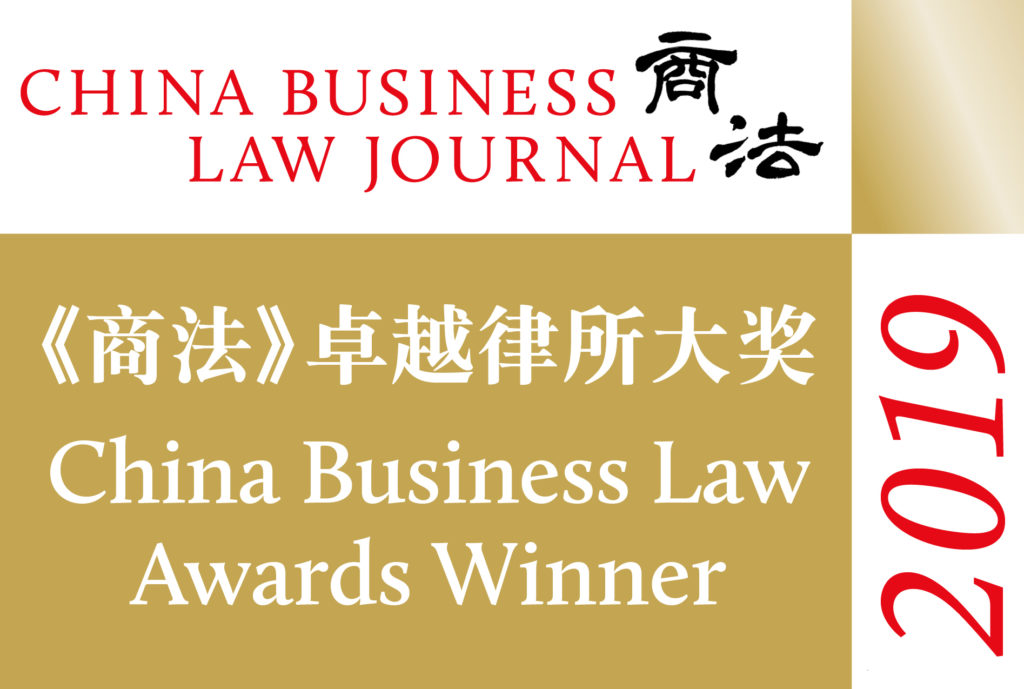From 6 July 2019, the Guidelines on Online Distribution and Advisory Platforms (“Guidelines on Online Platforms”) issued by the Securities & Futures Commission (“SFC”) would become effective, within which outlines the SFC’s further guidance on the expected conduct requirements on intermediaries offering investment products on online platforms, and where the SFC introduced specific requirements with respect to investment products that are “complex products”. Correspondingly, a new paragraph 5.5 in the SFC Code of Conduct for Persons Licensed by or Registered with the Securities and Futures Commission (“Code of Conduct”) shall apply to all intermediaries (online or offline) in providing services in complex products. Paragraph 5.5 of the Code of Conduct will also take effect on 6 July 2019.
In this update, we provide an overview of the enhanced requirements that would apply under which investment products may be categorised as complex products, in respect of which intermediaries would need to ensure suitability of the product to its clients and provide expected disclosures of minimum product information and warning statements. Intermediaries and fund managers should be taking actions including legal and regulatory review of their service offerings, product due dilience processes and product disclosures in preparing for compliance with the requirements.

